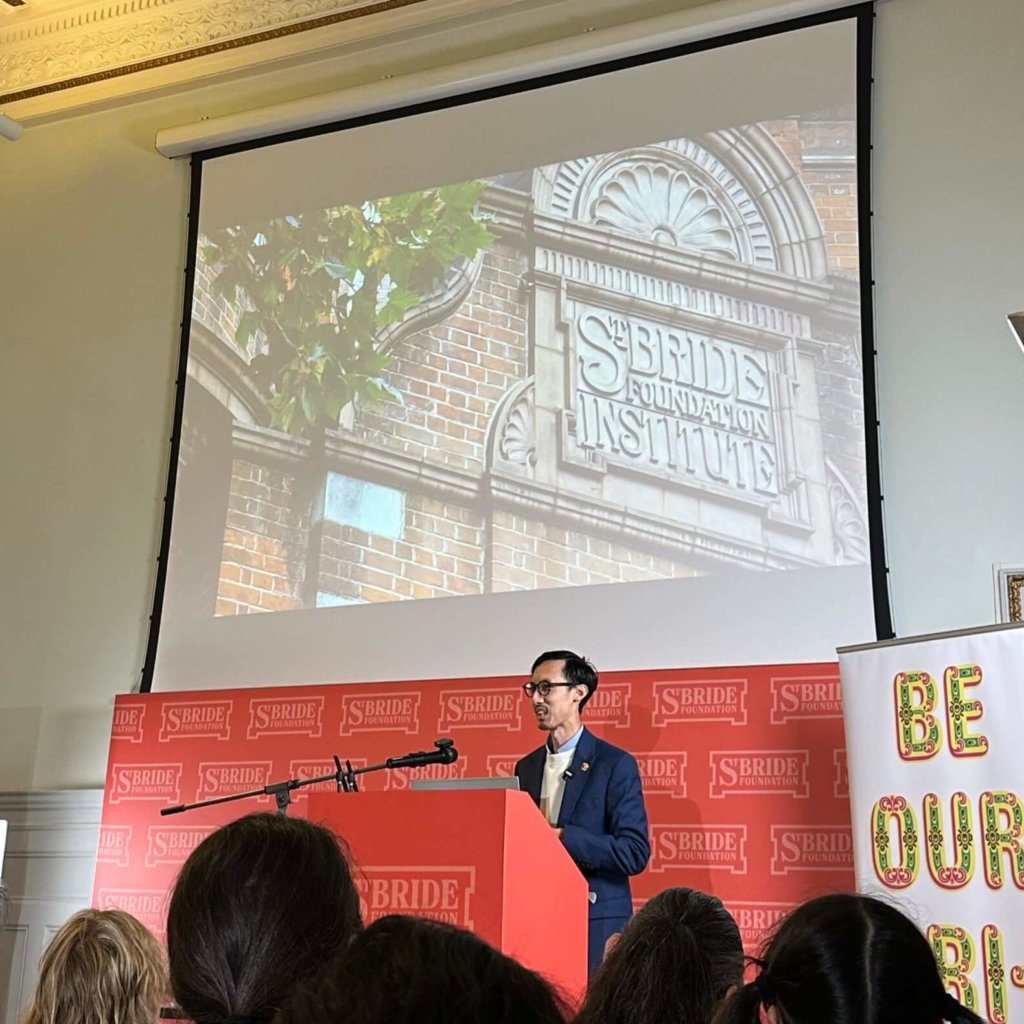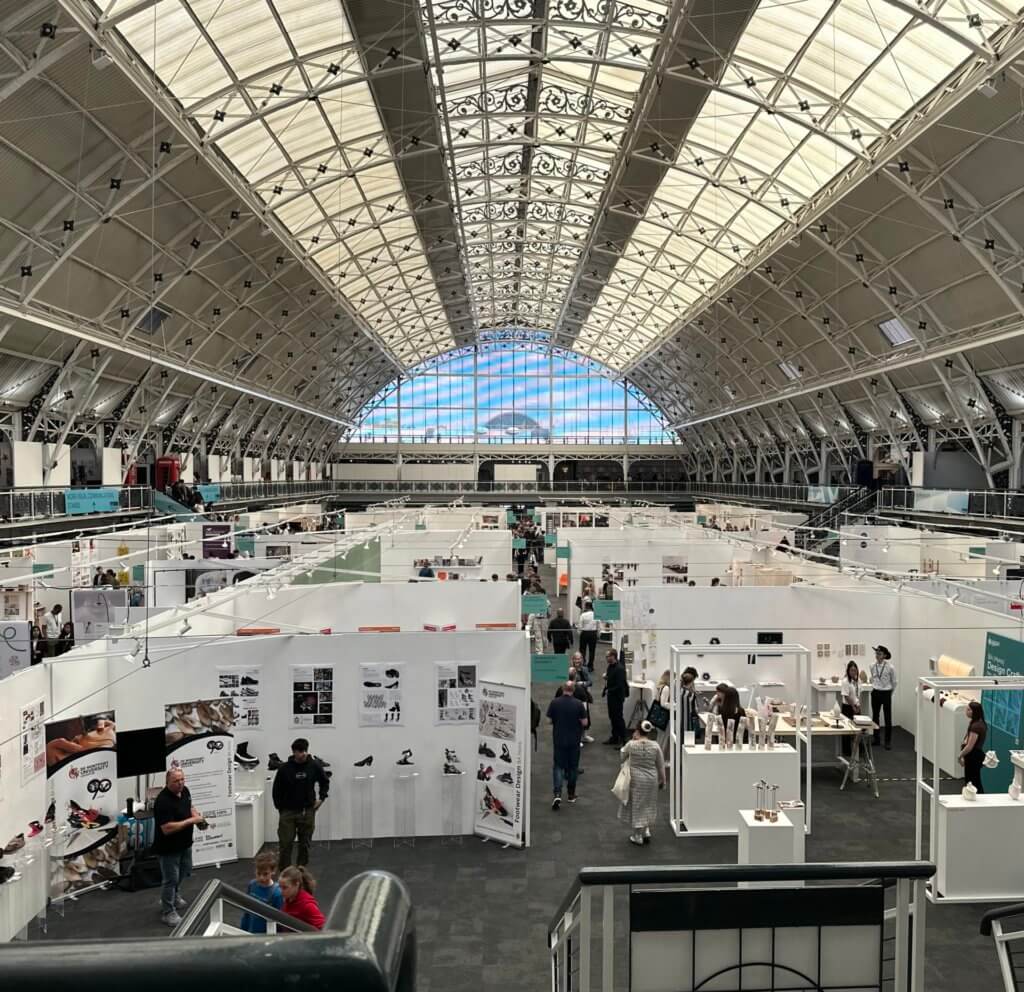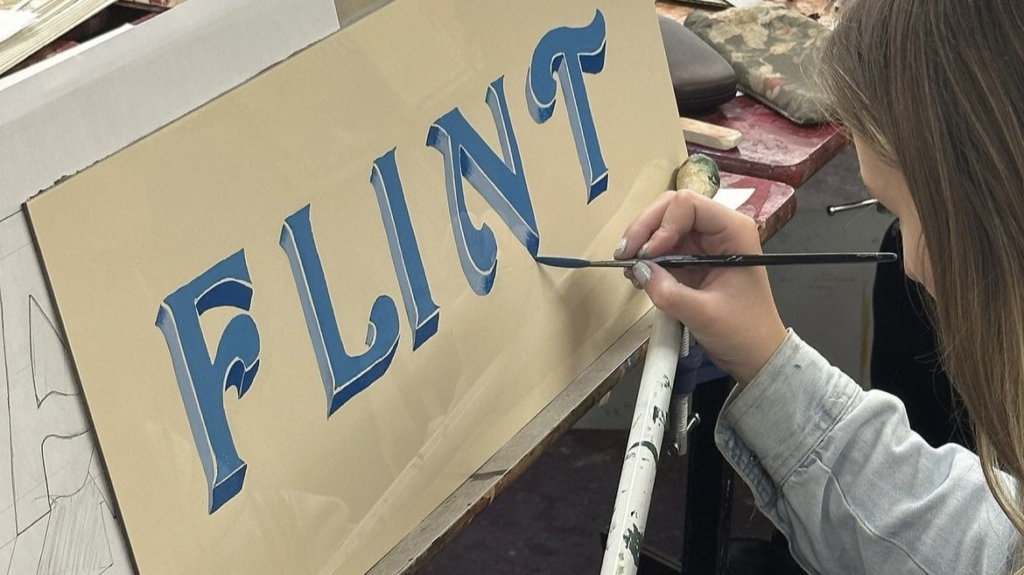About the fund
The Typography Student Fund accepts donations from clients who work with students as part of the Department’s ‘Real Jobs’ scheme. We encourage clients to make a donation at the start of a project. It is not payment for student work and the money is not directed towards specific students. Instead, we invite students to apply to the fund for help to finance ideas, projects, visits and research that will add to their professional skills and experience, and support their transition from student to design professional.
Staff involved in the running of the Real Jobs scheme can also apply to the fund for support to develop the scheme as a leading professional educational experience in our sector.
The principal criteria for an application is that it requests support for an extra-curricular professional development opportunity. An application should not request support that is directly related to an assessable piece of work. For example, funds typically would not be awarded for materials or special printing processes needed to improve a student’s final display, while funds might be awarded to support a student’s visit to a printing company to observe how those materials or processes are used in a commercial setting.
Applicants to the fund should write a short proposal explaining how an award will be used, who will benefit, and how the opportunity undertaken will enhance their professional development. Successful applicants must also write a short report about their experience, which may be used by the Department for promotional purposes.
Q: What opportunities can the fund be used for?
A: An award from the fund can help meet expenses arising from a range of opportunities, such as:
- Costs related to a Real Job, which would not be appropriate for a client to meet; these could relate to specialised training or research, or to a software purchase.
- Visits to design studios, publishers, printing works, or other design-related businesses or organizations.
- Cost related to concentrated (e.g. one-day) work experience or job shadowing.
- Individual or small group educational visits (e.g. for travel or an entrance fee).
- Purchase of equipment or supplies useful to all students involved in the Real Jobs scheme.
- Books or other resources relating to professional design practice.
- Ongoing and one-off costs for administering the Real Jobs scheme.
Q: When can students apply?
A: Students can apply to the fund at any time. Decisions on awards of less than £500 are at the discretion of the Real Jobs Co-ordinator and are usually made promptly. Decisions on awards above £500 are made once or twice per term by a small committee of staff and students. All awards will be reported to the Student Staff Liaison Committee.
Q: What are the students’ responsibilities?
A: We don’t ask much … follow the rules and write a blog post.
- Funds should be spent only on the agreed items. This is usually straightforward, as we tend to reimburse you based on receipts provided. In some circumstances we may buy thing on your behalf.
- In many cases, you will be asked to write a short blog post about your award, and how it enhanced you professional development.
Q: How should students apply?
A: Click here to make your application . You will be asked to include information such as:
- The nature of the opportunity.
- How much you are applying for, and how this has been calculated.
- How an award of funds will be used.
- Who will benefit (individuals, a small group, a year group, all students, or the whole Department)
- How the opportunity will enhance professional development.




